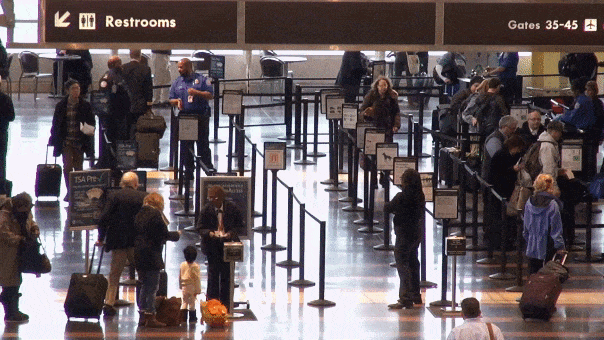
Travelers love services like Uber and Lyft for the convenience of getting whisked away in a private car whenever it fancies them. The same goes for locals who want to leave their car behind and arrive in style.
Investors love these services too, bidding up the value of Uber to more than $40 billion dollars.
The only ones that seemingly don’t like them are the traditional taxi and limousine services-- legacy businesses that have owned the local transportation markets-- and municipalities that collect fees for permits and more.
Protecting Legacy Businesses
The move to ban Uber has taken hold in places like Paris, where it costs more than $300,000 to license a taxi in that city. Maybe it’s the idea that government is making money on that fee, without delivering much if anything in the way of value, that’s driving these bans.
Just this week cab drivers in Mexico City blocked traffic at major intersections, putting a chokehold on drivers in this metropolis. It’s moves like this that simply reinforce the need for alternative sources, like Uber, to transport you to your final destination. The government in Mexico City, not unlike New York City, requires permit fees and other rules to be adhered to if you want to drive a taxi there. These drivers feel that Uber drivers aren’t held to the same standard and want to ban Uber overall.
The same can be said of many states and cities in the United States where the existing players are driving local protests.
Uber is disrupting the legacy businesses that have relied on local politicians and government oversight and fees to operate. If left alone Uber will force these businesses to adapt or to find another way to make money. The average consumer, including me, has no issue and would like to see it in every market. The question is whether the pull of government intervention in protecting legacy businesses, and their corresponding fees, will be more than the pull of the general consumer. It will come down to votes, in many cases.
Economic Freedom?
Businesses like Uber are creating economic opportunities for drivers, as well as passengers. The vast majority of drivers that have picked me up via Uber have regular full time jobs and do some “driving” to make a few extra bucks in their off hours. This wouldn’t be possible without Uber and its enabling technologies. This extra money can make a big difference for these individuals despite some articles that illustrate how little someone can actually make driving with Uber.
At the same time, this same service is freeing people from the need to keep a car and the costs that go along with it. They use Uber for short runs that can be as cheap as $5 each way in places like Fort Lauderdale, FL, to do their grocery shopping or to see a movie.
Should Uber be banned? It’s too late for that in most parts of the world as this disruptive technology will continue to effect the transportation industry, as well as others, for the foreseeable future. I’ll be happy that is the case when I jump in my Uber driver’s car on my next trip to Florida.
More From TravelPulse
Best And Worst Airports For Summer Travel Ranked
Survey Reveals 2015 Summer Travel Trends
5 Coastal Craft Breweries to Visit this Summer








































